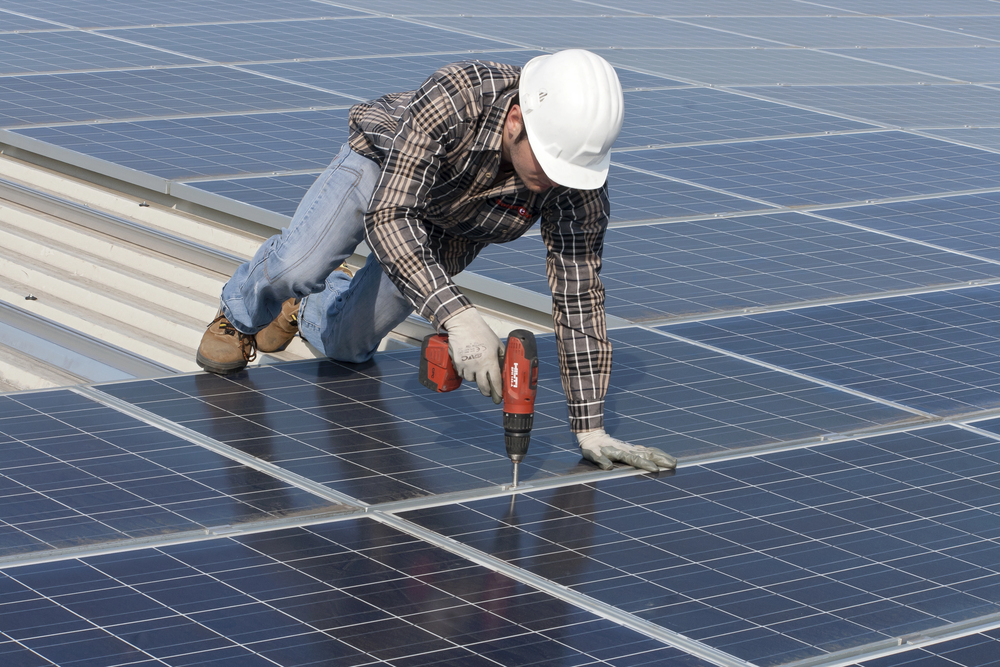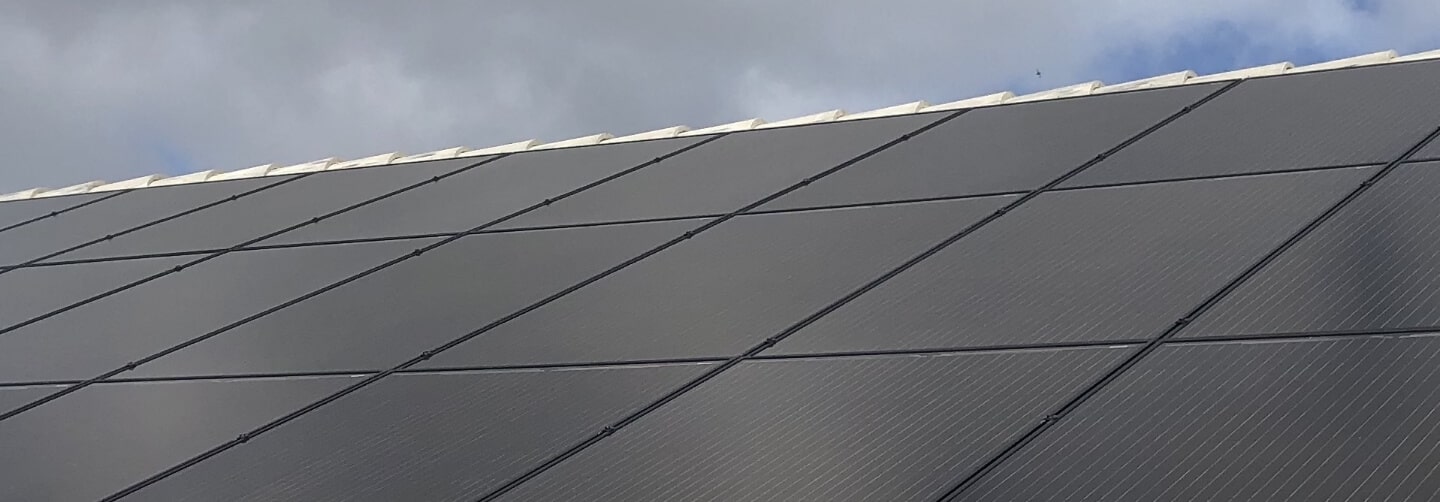What Does A Solar Photovoltaic Installer Do?

If you are considering switching to solar energy, you might be wondering what a solar photovoltaic installer actually does. This role is important in helping you move to clean energy, reduce electricity bills, and make the most of your solar system.
A solar photovoltaic installer not only sets up panels on your property but also guides you through design, installation, and ongoing support. Understanding their responsibilities helps you feel more confident when deciding to invest in renewable energy for your home or business.
Assessing Your Property for Solar Potential
Before installing any solar panels, an installer evaluates your property to see how well it can support solar energy. This involves checking the roof’s condition, its angle, and how much sunlight it receives during the day. They also look at shading from trees, nearby buildings, or other obstacles.
This careful review helps create a system that performs well and gives you strong results. The installer may also ask about your energy use, past utility bills, and long-term goals.
They can recommend a system size that meets your needs without overspending by understanding how much electricity you typically consume. This step is important for maximizing both performance and value.
Designing a Solar Energy System That Fits Your Needs
A solar energy system is not one-size-fits-all. The installer designs a system that matches your energy usage, budget, and property structure. This includes calculating the number of panels, choosing the best placement, and planning the connection to your electrical system. During this phase, your installer makes sure the system aligns with your goals and lifestyle.
They may also consider future energy needs, such as adding more panels if your usage increases or integrating battery storage for backup power. The installer will discuss different panel types, efficiency levels, and durability options so you can make an informed decision.
This planning helps create a system that works effectively for many years while keeping costs manageable.
Installing the Solar Panels and Equipment
After the design is complete, the installer begins the installation process. This involves mounting the solar panels on your roof or another structure, connecting them to inverters, and linking the system to your electrical panel.
The installer makes sure everything is secure, wired correctly, and ready to produce power safely. Skilled workmanship helps maximize performance, reduce future issues, and maintain system longevity.
During installation, the installer organizes wiring, checks all connections, and adjusts panel angles for optimal sunlight exposure. They also verify mounting stability, confirm proper sealing against weather, and test preliminary system operation. Attention to detail during this stage prevents future problems and helps your system run efficiently from the start.
Handling Permits, Codes, and Safety Requirements
Installing solar panels involves regulatory steps. The installer handles permits, inspections, and local code compliance, making sure your system is legal and safe. This saves time and prevents delays in getting your system operational.
The installer coordinates with authorities and utility companies to connect the system to the grid correctly. Scheduling inspections and addressing questions from officials keeps the project on track. They may also review building and fire codes, guarantee proper signage, and verify grounding and electrical connections.
Proper management of these tasks allows your solar system to generate energy as soon as possible while maintaining full compliance and safety standards.
Monitoring System Performance After Installation
Once your system is running, a solar photovoltaic installer may help monitor performance. They can show you how to track energy production and recognize warning signs. Some installers deliver ongoing maintenance, such as cleaning panels or checking connections, which helps extend system life.
Installers often introduce monitoring software or apps that display real-time energy output and provide alerts if performance drops. Periodic inspections can identify minor issues before they become major problems. They may also evaluate inverter efficiency, wiring integrity, and panel alignment.
Regular attention helps maintain peak energy production, reduces potential downtime, and maximizes the financial and environmental benefits of your solar system.
Helping You Understand the Benefits of Solar Energy
A good installer does more than set up equipment. They explain how the system works, what kind of savings you may expect, and how it benefits the environment. They act as a resource for your questions, making your switch to solar energy simple and stress-free.
At Solar Energy Solutions of America, we bring high-quality photovoltaic panels, solar pool heating, attic fans, and pool equipment to help you save energy and money. With our experienced team and personalized service, we make going solar simple, efficient, and rewarding for your home or business.
Contact us today to learn more.
